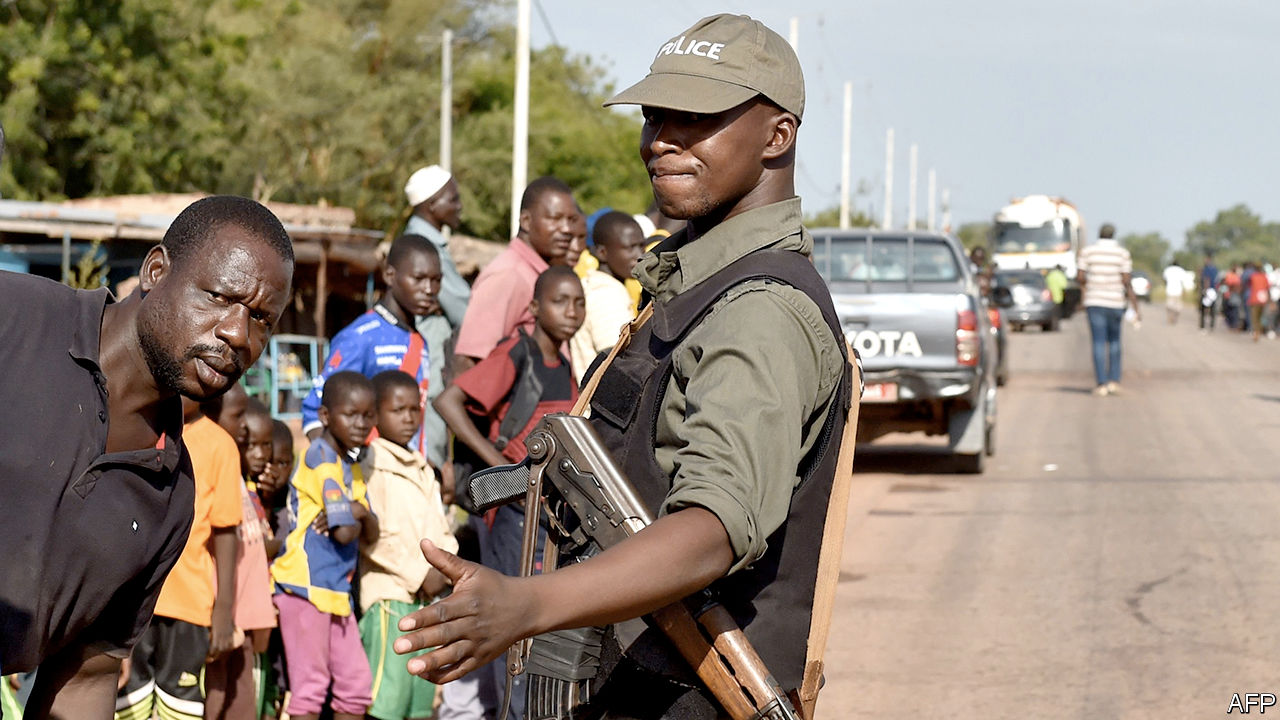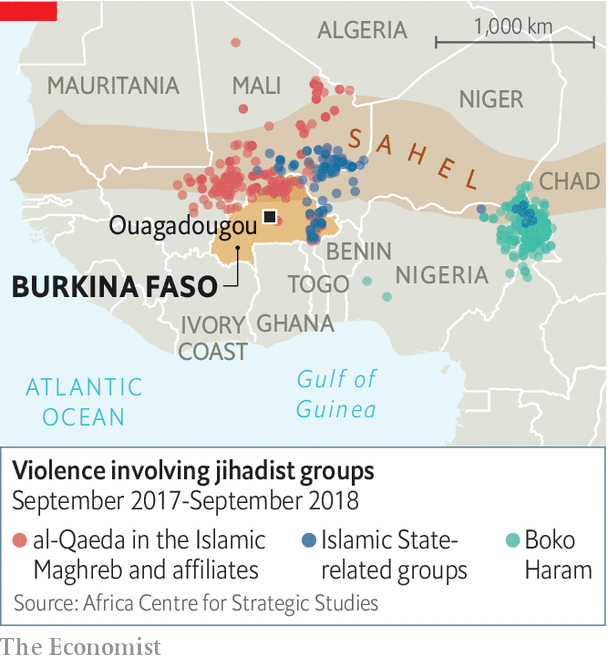CONGO
A Dream Deferred
Last week, election officials in the Democratic Republic of Congo delayed elections until Dec. 30.
Many voters went apoplectic.
One could hardly blame them. As the BBC explained, President Joseph Kabila, in power since 2001 after the assassination of his father, was supposed to leave office in 2016 under the vast Central African country’s constitution. But election officials at the time found excuses to delay the vote.
Recently, a mysterious fire destroyed 8,000 voting machines in Kinshasa, the capital. Officials found replacement machines but needed time to print five million new ballots, Independent National Election Commission President Corneille Nangaa said.
“Nangaa speaks nonsense,” protester Fiston Adumba told the Associated Press. “They didn’t organize the election in seven years and they want us to believe they will be ready in seven days? Kabila is sabotaging the election. Kabila must go.”
Adumba is not an outlier.
“My Country Is Sliding Toward Chaos,” was the headline of a New York Times op-ed piece by Denis Mukwege, a Congolese doctor and activist who was a co-winner of the 2018 Nobel Peace Prize.
Mukwege called on Kabila to resign, saying security forces and the president’s allies had killed peaceful opposition supporters. The European Union, he added, has imposed sanctions on Kabila’s handpicked successor, Emmanuel Ramazani Shadary, for cracking down on opponents.
If Shadary wins via legitimate or illegitimate means, unrest is likely to result. But, in a characteristic autocrat’s move, Kabila is using that threat of violence to curtail civil rights. The governor of Kinshasa, who’s a member of Kabila’s ruling coalition, banned campaigning, citing fears that extremists were preparing for “a street confrontation,” Al Jazeera reported. Election officials postponed voting until March in three cities, too, citing Ebola and ethnic violence.
Alas, experts have been warning of such tactics for months.
“The Congolese political class has demonstrated its venality, betraying a population that has repeatedly pushed for its right to elect a new president in a free and fair process,” wrote Stephanie Wolters, a South Africa-based expert at the Institute for Security Studies, in a report last month.
Bloodshed could be on the horizon, a potential catastrophe. Civil war in the country in the 1990s dragged in Congo’s neighbors, sparking an international conflict that has been called Africa’s World War.
Luckily, as France24 showed in this fascinating broadcast, the Roman Catholic Church wields significant power in the country. Church officials have called for Kabila to step down and for voters to make sure they cast ballots and participate in democracy peacefully.
The clergy might fail. But Kabila could make their job a lot easier.


